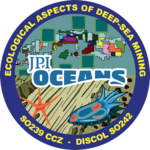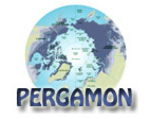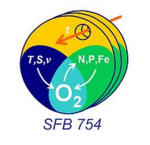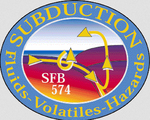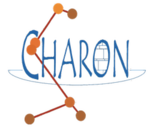GEOMAR | Helmholtz-Zentrum für Ozeanforschung Kiel
Wischhofstr. 1-3
24148 Kiel
Telefon: 0431 600-2287
Telefax: 0431 600-2928
e-mail: kwallmann(at)geomar.de
Christine Utecht
GEOMAR | Helmholtz-Zentrum für Ozeanforschung Kiel
Wischhofstr. 1-3
24148 Kiel
Telefon: 0431 600-2116
e-mail: cutecht(at)geomar.de


